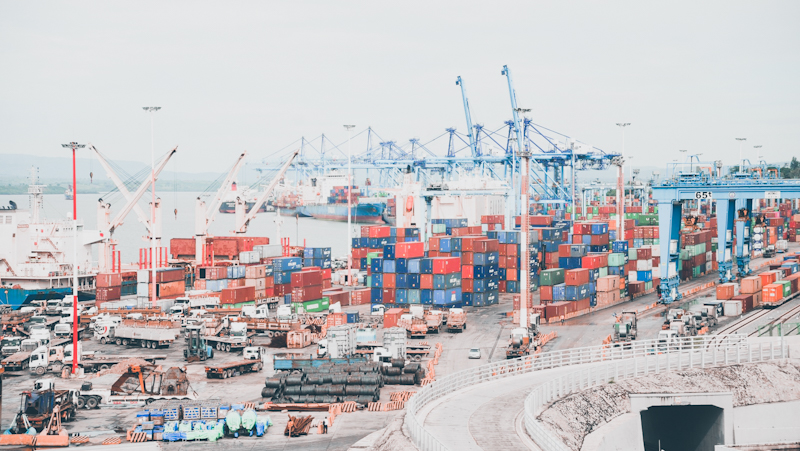The United Kingdom parliament has warned that the British government’s new bilateral trade agreement with Kenya could undermine the East Africa Community (EAC) regional integration initiative.
According to the Parliament’s International Agreements Committee report , the deal will have disruptive political and economic impacts on the EAC trading bloc.
As a result, it resolved to delay ratification of the agreement – initially scheduled for February 10 – for another three weeks to allow for a deeper scrutiny.
“Kenya’s divergence from the EAC’s common external tariff could have political and economic implications for the coherence of the EAC as a regional bloc,” concluded the committee.
“Lord Goldsmith to move to resolve that this House calls upon Her Majesty’s Government, in accordance with section 21 of the Constitutional Reform and Governance Act 2010, to extend the scrutiny period for the Agreement establishing an Economic Partnership Agreement between the United Kingdom of Great Britain and Northern Ireland, of the one part, and the Republic of Kenya, a Member of the East African Community, of the other part, laid before the House on December 17 2020, by 21 sitting days, reads a motion for a resolution of the trade treaty.
The Economic Partnership Agreement between the UK and Kenya was signed in December last year. According to the deal, the rest of the East African Community (EAC) trade bloc members, will be free to join the trade deal.
The agreement focuses on facilitating trade in goods, providing Kenya with duty-free and quota-free access to the UK market. Kenya, in turn, commits to a phased liberalization on trade in goods, but retains tariffs for some products deemed sensitive domestically.
However, according to the EAC customs union, goods and services from the bloc do not attract duty while a common external tariff is applied to imports from countries outside of the EAC.
“It means that the EAC Partner States have agreed to establish free trade (or zero duty imposed) on goods and services amongst themselves and agreed on a common external tariff (CET), whereby imports from countries outside the EAC zone are subjected to the same tariff when sold to any EAC Partner State.”
“This difference in tariffs applied to UK goods exported to Kenya, as opposed to the other EAC countries, could result in increased border checks and other barriers between Kenya and other EAC members,” the report further adds.




